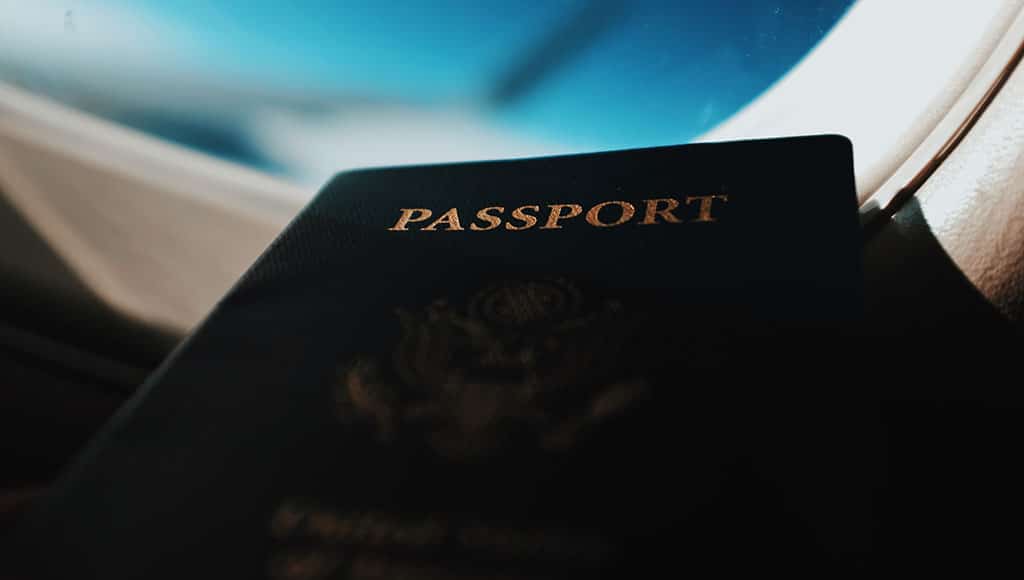Very recently I became a full-fledged Portuguese citizen and swore complete and total allegiance to my brand-new adopted country. However, I went to pick up my red passport with mixed feelings, if truth be told.
There was excitement as well as apprehension – excitement because I was about to begin an exhilarating new life journey amidst people who were friendly, beaches that were welcoming, seafood that was mouthwatering and wines that were top class. Also, there was radiant sunshine and a clear blue sky for 300 days of the year.
Why the apprehension? Well, the anxiety was about giving up my old passport, you see. And that is because before becoming Portuguese, I belonged to a nation that does not believe in dual nationality. This concept itself is alien to India, which only supports singularity of citizenship.
Consequently, you are either an Indian or, well, not an Indian. There is no way you can be both an Indian and a Portuguese or an Indian and an American for that matter, other than Red Indians or Native American Indians, who were the original inhabitants of America and were just called that but had nothing to do with the Indians from the Indian subcontinent, but here I digress.
So, I had to really gear up to renounce my previous nationality, which was easier said than done. Considering my old country wanted to break ties with me as soon as I switched to my new one, the process should have been as smooth as a walk in the park. But the filling of numerous forms and attaching of endless documents dragged on for so long that at one point I wanted to abandon my renunciation altogether.
The pulling at the heartstrings at every probing query was another matter that made me feel as if I had turned traitor to the land of my birth. Which I had, in a manner of speaking, but I did not need to be reminded about something that was already hurting me.
Eventually, things were sorted but soon I was being prepared by other veterans of new passports for my return trip to India. This time I would be visiting my erstwhile country on a tourist visa.
The immigration and customs guys do not like to deal with Indians holding foreign nationality, I was told. They might treat you with disrespect and ask you leading questions, I was informed. If you have left the country, why bother to visit it, is what they will want to know, I was warned.
Considering I was always welcomed back with open arms over the last 30 years I had lived out of India as an expatriate, this sudden change of scenario disturbed me. I was not looking forward to being interrogated by an irate official after disembarking from a long-haul flight. Hence, I was a bit subdued as I lined up in front of the immigration counter.
“First trip to India?” asked the officer in uniform.
“No. On this passport, yes” I said.
“You understand Hindi?” he questioned.
“Fluently” I answered nervously.
“Do you dye your hair?” he asked suddenly.
“Yes, of course” I replied automatically.
“Looks very natural. Well done!” he complimented.
“Thank you” I said taken aback.
“You look Portuguese” he went on.
“I am. Now I am” I reiterated.
“Atithi devo bhava” he said in Sanskrit.
“Guest is God” I translated.
“Welcome to India” he smiled finally.
“Obrigada” I smiled back.
By Nickunj Malik
|| features@portugalresident.com
Nickunj Malik’s journalistic career began when she walked into the office of Khaleej Times newspaper in Dubai thirty-one years ago and got the job. Since then, her articles have appeared in various newspapers all over the world. She now resides in Portugal and is married to a banker who loves numbers more than words.















